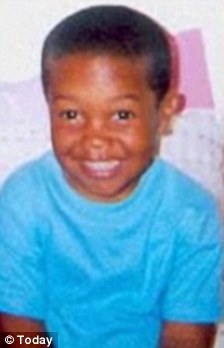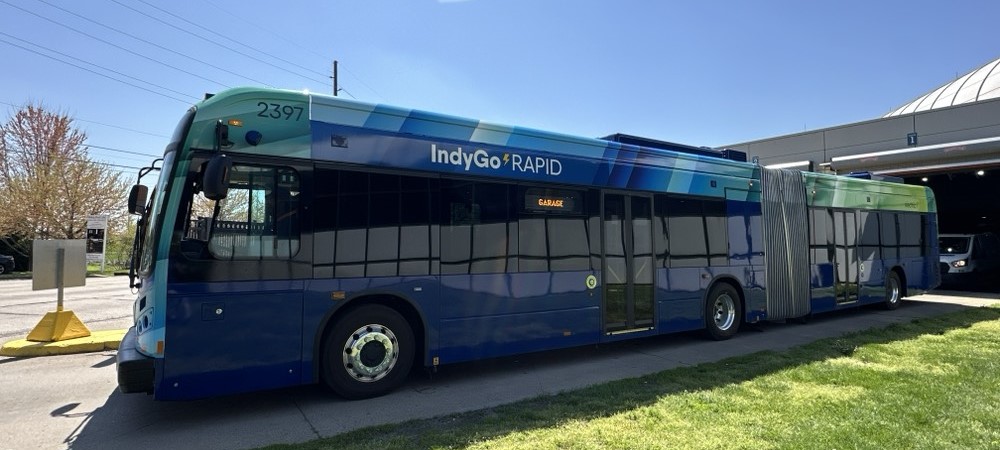UPDATE 7/27: Raquel Nelson has, in fact, chosen the option of a new trial.
The last thing the jury heard from Raquel Nelson's defense lawyer, before they convicted her, was the tape of her frantic 911 call after her son, A.J., was hit by a car. “1-2-3-4-5-6, doing chest compressions on her son, screaming,” recalls attorney David Savoy. “There was not a dry eye in that court room.”
The jury then decided to convict her of vehicular homicide, jaywalking, and reckless conduct.

The jury, as has often been noted, was all white and not transit-dependent. Indeed, Savoy said, the entire pool of 15 jurors they had to choose from was white. And Cobb County jurors are selected for service based on drivers license information.
While certainly many car-free people have drivers licenses – Raquel Nelson included – it’s a symbol, at least, of the auto-centrism of the entire process that convicted Ms. Nelson.
At sentencing, Judge Kathryn Tanksley handed down a relatively light sentence – involving no jail time, at least – but also granted a motion for a new trial before the defense even made a motion asking for a new trial. “We had motion for a new trial ready to file,” Savoy said. “I didn’t even need to pull it out of my briefcase.”
“It’s one of the most shocking things I’ve ever been involved with,” Savoy said. “A judge, on her own motion, granting a new trial.”
He wouldn’t speculate as to why the judge was moved to do so. But he did mention that the jury had made its decision based on the evidence that the judge allowed, indicating that there was other defense evidence that the judge did not allow. Perhaps she regretted that decision, disagreed with the jury’s harsh verdict, and thought a new trial would wipe the slate clean.
Despite the trauma that the case has caused Nelson and her family, Savoy is “pretty certain” she’ll take the option of a new trial. “Three misdemeanors, for crossing the street,” Savoy said. “That doesn’t sit right with her, or with me.”
Given the avalanche of negative attention the case has brought upon the Cobb County court system, the county may decide not to re-try the case at all. Indeed, although judges are supposed to be immune to public opinion, Judge Tanksley must have been aware of the packed courtroom, full of reporters, that greeted her on the day of sentencing. Even if she hadn’t watched the broadcast coverage, seen the petitions, or read the blogs about the case, she must have known the case was attracting major national attention.
“I’ve never understood the power of the blogosphere,” Savoy told me, “and now, I’m humbled.”





